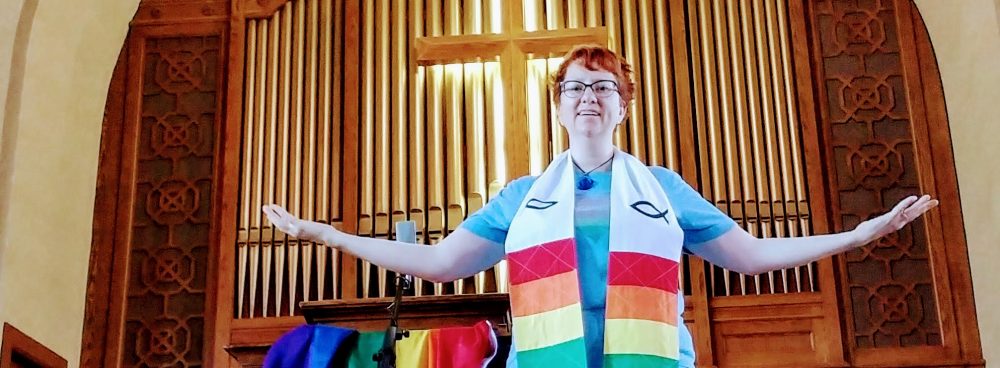In Genesis 26, we move on to the story of Isaac. This passage begins with famine and ends with water. The famine requires that Isaac and his household move to the foreign land of Gerar. As he sets out for Gerar and the land of the Philistines there is hope and promise for a better life and life for his descendants.
Like Abraham before him, he passes his wife, Rebekah, off as his sister as a way of protecting himself. When the Philistines realize that Isaac has been lying to them, fear and mistrust develop between them.
Isaac planted a crop with a great harvest at the end of the season. We are told that God blessed him, but I suspect, he and his household also worked hard. Isaac became wealthy and the Philistines resented his wealth. What Isaac didn’t have was access to water because the Philistines had blocked all the wells that Abraham had dug in his lifetime.

Photo by Pixabay on Pexels.com
Because there was no access to water, Isaac was forced to move again. As he dug wells, the Philistines disputed their ownership and he had to continue moving. He wasn’t welcome. Like Isaac, 32.4 million people in 2013 were environmental refugees. Many refugees struggle to find a place where they are welcome. I regularly hear an anti-refugee and immigrant sentiment which echoes Isaac’s experience of resentment and mistrust. We see globally, refugees arriving in places that already have limited resources and adding additional stress to communities and countries. Environmental refugees are not on the move by choice but because the climate has somehow impacted their ability to survive. In order to survive, they need to relocate.
The dispute over wells speaks to the ongoing need for access to water. This continues to be a huge issue for many people around the world. Globally, there are approximately 844 million people ( ) without access to clean water. In Canada, there are 174 Indigenous communities with boil water advisories. Each advisory can affect up to five thousand people. By my math that 87,000 people in Canada without access to clean water. For many of us, these are just numbers, but each number represents someone’s life and their ability to survive and thrive.
Since water is a necessity for life, isn’t it something that each person should have access to—regardless of geography or ability to pay? Climate change disproportionately impacts the poorest people of the world and is the reason many become refugees—some because of a lack of water leading to drought, some because of too much water to flooding. Either way, there is no longer a place to call home, a place to belong.
One of the wells that Isaac dug was called Rehoboth which alludes to having a space or a home. The fact that it is a well that designates this sense of home speaks to the connection between water and life. Isaac was able to make a covenant with the Philistines, to find a way for them to live peaceably together. It ended up that there were enough water and resources in the land for all of them to live together. What would happen if we thought about water as a resource that everyone needs access to and created space in our communities and countries for those who are currently environmental refugees because of water? How would Canada change if all our Indigenous communities had access to clean water? These would be good changes allowing people not just to survive but to thrive.



